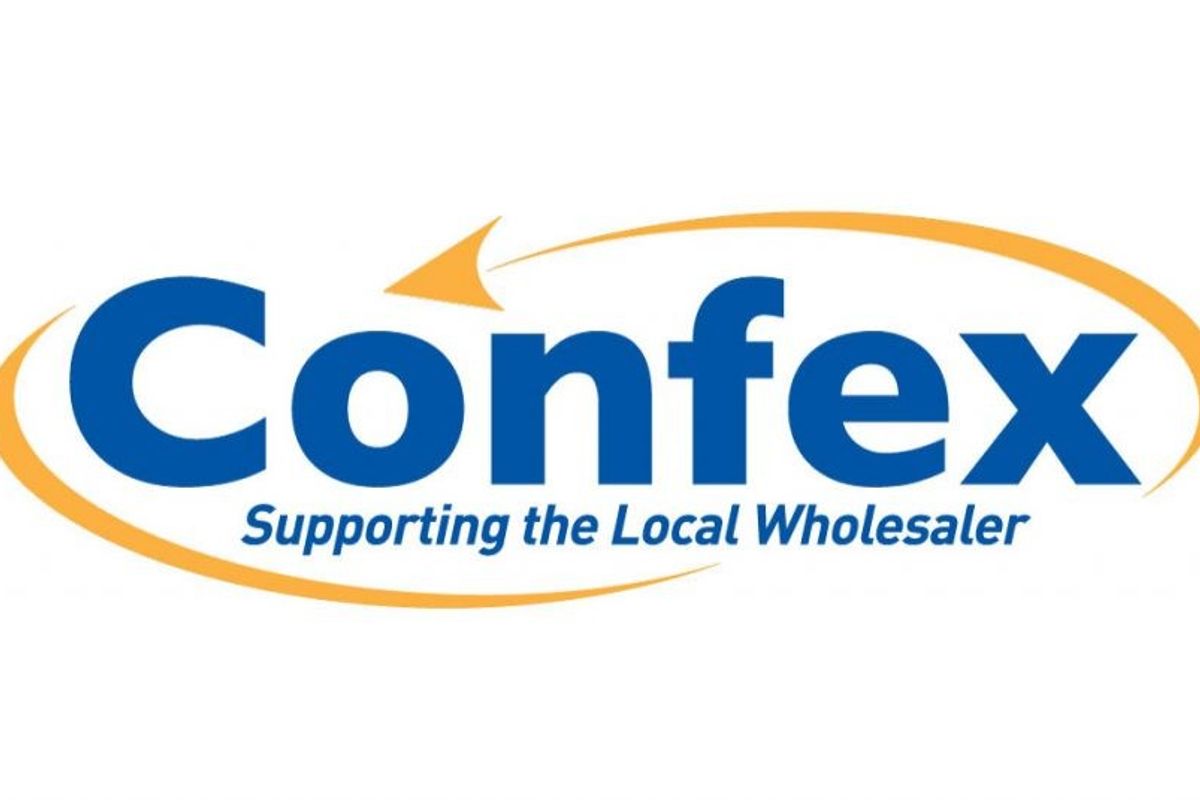Leading buying group Confex has added three new members, further strengthening its buying power and geographical reach.
As reported today (8), Ahmed Foods, A C Georgiades and Regency Service and Solutions have joined Confex. Their combined turnover adds an impressive £56.2 million to Confex's turnover, which further bolsters its strength and buying power as a group.
Tom Gittins, CEO, Confex said, “In addition, these three new members add yet more diversity to the group, which we all benefit from. By combining our insight, knowledge and expertise, it’s no wonder that Confex is outperforming other buying groups in the sector.”
A C Georgiades are a national soft drink wholesaler and distributor located in Morpeth, Northumberland and Stevenage, Hertfordshire. Selling to a wide range of wholesalers, cash and carries, groups and chains.
Chris Georgiades, managing director, “There are really exciting times ahead for us as Confex members. Our aim is to add more variety to our portfolio and to be able to communicate with the wider wholesale industry, so joining Confex was an incredibly easy decision.”
Regency Services and Solution managing director Jarrod Normie said: “As a business, we are really excited to join the Confex family. As we take the business to the next level, joining a buying group is a logical step forward and so far, Confex has delivered a stand-out service.”
Bradford-based Ahmed Foods is a leading supplier of vast range of chilled, frozen, ambient and fresh produce for the hospitality and restaurant trade in the north of England.
Tanweer Ahmed, director, said, “Ahmed Foods Bradford is proud to join the Confex buying group,” said . “We look forward to working closely with the central team who have been extremely attentive. We plan to both expand our current range and strengthen our supply partnerships with the support of the group.”


